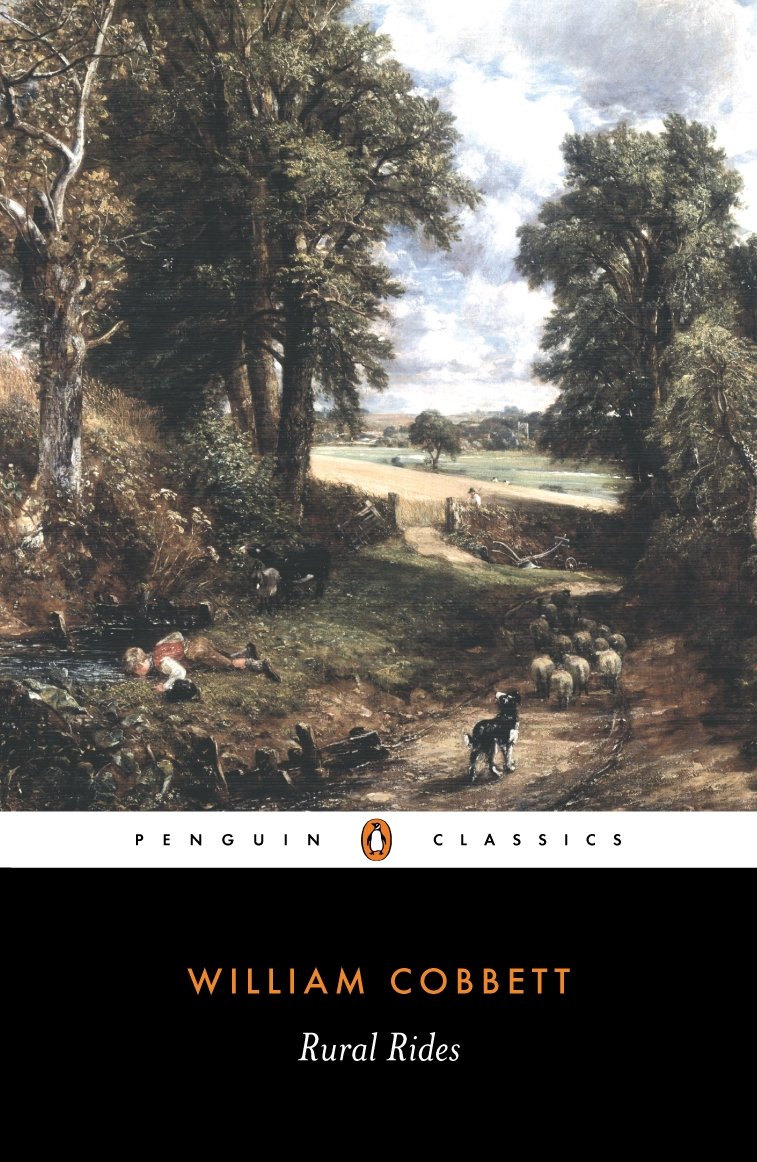What do you think?
Rate this book


576 pages, Paperback
First published January 1, 1830

Rural Rides documents the social consequences of enclosure and the centralization of agriculture. It tells us of workers’ habits of dress, the state of their farms, the condition of the cottages they lived in. It also describes how enormous damage to the natural world impoverished the people who depended upon it. Long before more recent calls to return to indigenous methods of agriculture and land stewardship, Cobbett perceived the significance of farming with nature rather than against it: hedge-laying, tree-planting, coppicing, and other aspects of mixed, small-scale agriculture. This longstanding cottage economy not only encouraged enclaves of wildness in a landscape dominated by increasingly centralized agricultural systems, it had long helped the rural poor avoid dependence on parish relief or the chance of having a benevolent landlord. Cobbett called for his country’s ruling classes to give back the common land they had stolen from their own people.
Cobbett was politically radical and theologically prescient. Rural Rides expresses the view of a world where the land is a common inheritance for all, not the property of a few. In an era where the systems of centralization and control Cobbett critiqued have led to an ecological crisis of existential proportions, we would do well to reconsider Rural Rides’s vehement critique of a system incapable of recognizing moral or environmental limits.